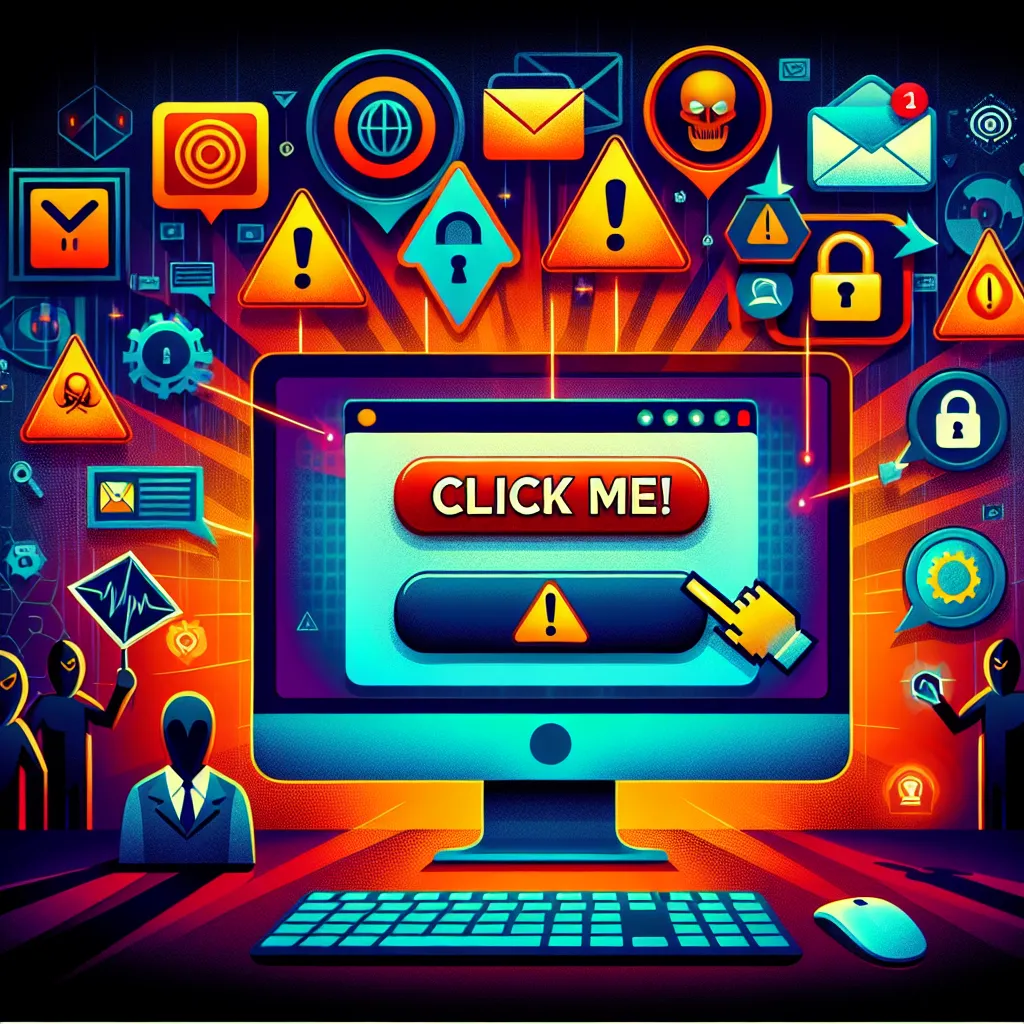Online Shopping at Unverified Websites
Cybersecurity experts warn against shopping at unverified websites. These sites may offer tempting deals, but they often harbor malware or phishing schemes. Always ensure that the website you're purchasing from is legitimate and secure before entering your credit card information.
Using Weak Passwords
While it may be convenient to use simple, easy-to-remember passwords, it's a cybersecurity nightmare. Experts strongly advise using complex passwords that include a combination of letters, numbers, and symbols. And remember, don't use the same password for multiple accounts!
Clicking on Suspicious Links
Curiosity killed the cat, and it can also kill your cybersecurity. Clicking on suspicious links, whether in emails, text messages, or social media, can lead to malware infections or data theft. When in doubt, don't click!
Overlooking Software Updates
Those pesky software update notifications might be annoying, but they're essential for your online safety. Cybersecurity experts stress the importance of keeping your software up-to-date as updates often include security patches for known vulnerabilities.
Ignoring Two-Factor Authentication
Two-factor authentication (2FA) might seem like a hassle, but it significantly increases your online security. It provides an extra layer of protection beyond just a password. If a service offers 2FA, experts recommend using it.
Conclusion
Being online doesn't have to be a minefield if we know what to avoid. By following these expert tips, we can protect ourselves from a large number of online threats. Remember, in the digital world, safety first!



